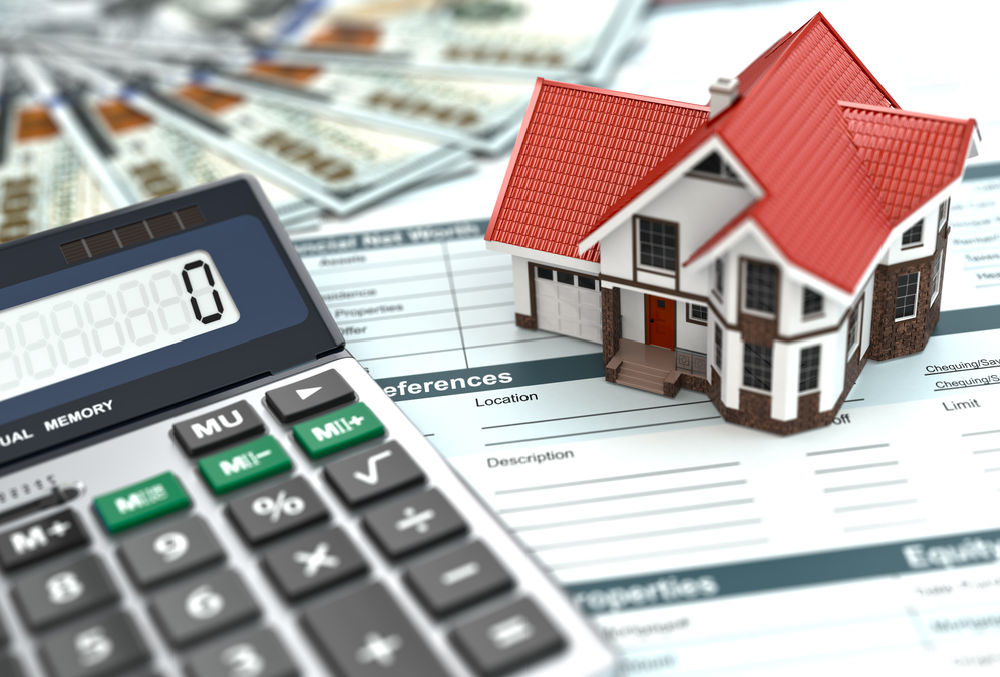Filing for bankruptcy is never easy, but it can help you get back on the right path to financial freedom. However, the process can also temporarily affect your credit score and result in a period during which you are ineligible to apply for new loans.
One common question we see with those considering bankruptcy is “How long after bankruptcy can I get a mortgage?” which is a valid concern.
If your financial situation improves, it’s understandable that you might want to take the step toward home ownership. And the simple answer is, yes, you can get a mortgage after bankruptcy. It will just depend on how long ago your bankruptcy was, the lender or type of mortgage loan you are applying for, and what type of bankruptcy you filed, such as a Chapter 7 or Chapter 13 bankruptcy.
Getting a Mortgage After Chapter 7 Bankruptcy
Chapter 7 is the most common type of bankruptcy, but it is also the hardest to get a mortgage after. However, though you can expect your credit score to be impacted for 10 years after a Chapter 7 bankruptcy, you do not typically have to wait that long to apply for a mortgage. If you can re-establish your credit, or if you can find lenders that are willing to work with those who have gone through bankruptcy, you can apply for a mortgage as little as a year after your bankruptcy is discharged.
If you work on making your credit better after your discharge, most people are able to get a mortgage in 2 to 4 years after a Chapter 7. The exact timing can also depend on the specific type of mortgage loan you apply for, so keep that in mind when you start looking into buying a house.
Getting a Mortgage After Chapter 13 Bankruptcy
Getting a mortgage after a Chapter 13 Bankruptcy is often easier than after Chapter 7. This is because when you file for Chapter 13, you agree to a payment plan to repay your creditors over three to five years—and this has less of a negative impact on your credit score.
In fact, if you can show proof that you are making timely and consistent payments, you may be able to apply for a mortgage while you are still in the process of your Chapter 13 bankruptcy. FHA loans, for example, are available to those who are going through a Chapter 13 bankruptcy, so long as they meet certain conditions.
You will be more likely to be eligible for a mortgage during Chapter 13 if you:
- Have made 12 months of on-time payments in your Chapter 13 plan.
- Are approved by the court to purchase a house with an FHA loan.
- Can demonstrate that you are unlikely to have to file for bankruptcy again.
Other mortgage loans you may qualify for while still completing your Chapter 13 include VA and USDA loans. If you are trying to secure a conventional mortgage loan, however, you may need to wait at least two years.
Mortgage Companies That Deal with Bankruptcy
While there is no set list of specific companies that are bankruptcy-friendly, as every lender has different policies, and their policies can change from year to year, there are certain types of loans that you may be able to get more easily, as mentioned above.
- FHA mortgage loans: These are federally insured loans that are more attainable for cash-strapped borrowers and those going through or having just gone through bankruptcy. An FHA loan requires only a 3.5% down payment and only a 580 credit score. You can even go as low as a 500 credit score if you can put 10% down.
- USDA mortgage loans: These loans are also ideal as they offer low mortgage interest rates after bankruptcy and a 0 down payment option. For Chapter 7, you may still have to wait three years—unless you can demonstrate that the bankruptcy was beyond your control and not due to poor financial management. For Chapter 13, you can apply after 12 months of successful payment plan payments.
- VA mortgage loans: If you are a veteran who has gone through bankruptcy, VA loans are a potential option. They offer no down payment options, no minimum credit score requirement, and unlimited use of the loan program. For Chapter 7, however, you may still have to wait two years until you can apply.
Applying for a Mortgage After Bankruptcy
When you apply for a mortgage after bankruptcy, the process is generally the same as it would be if you hadn’t filed Chapter 7 or Chapter 13. However, there are some extra steps you should take to improve your chances of getting the loan.
- Boost your credit score: If you can re-establish your credit and boost your score as much as possible, this will help before applying for a mortgage loan. You can do this by opening new credit accounts and using them wisely and making payments on time.
- Letter of explanation: When you apply for a mortgage, including a letter of explanation for why your bankruptcy occurred can help as well. If you can demonstrate that the bankruptcy was beyond your control and that your finances have improved, the lender will potentially be more lenient.
- Get a preapproval: Sellers and real estate agents will be more likely to accept your offer if you can show that you have already received mortgage preapproval from a lender.
How Sawin & Shea, LLC Can Help
At Sawin & Shea, we provide compassionate and understanding representation to those struggling with debt and filing for bankruptcy. Whether you are considering applying or need help with something during or after your bankruptcy, we are here to help.
Contact us at 317-759-1483 or send us an email for a free consultation today!



